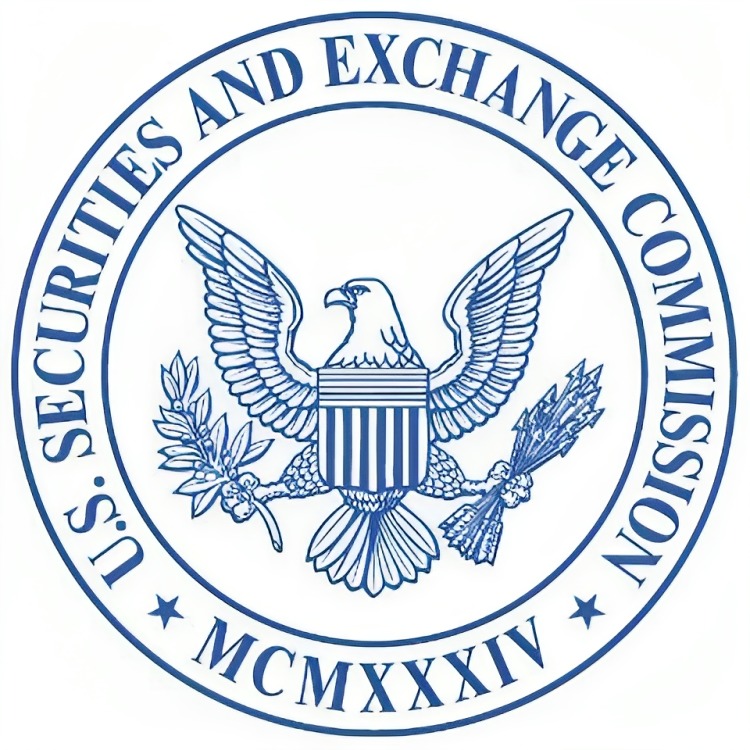
SEC Implements New Short Selling Rules for Greater Transparency
In response to the volatile GameStop trading episode earlier this year, the U.S. Securities and Exchange Commission (SEC) has greenlit stringent rules designed to enhance transparency in short-selling practices. These regulations, passed by a 3-2 vote, necessitate investors reporting their short positions to the SEC, with companies lending shares also mandated to report this activity to the Financial Industry Regulatory Authority (FINRA), a body overseeing brokers.
Short selling, a contentious financial strategy where investors bet on stocks decreasing in value, has long divided opinions. Critics argue it harms companies, while proponents claim it reveals corporate misconduct. The GameStop incident in 2021, where retail investors caused significant losses for hedge funds, brought this practice under sharp scrutiny.
Under the new rules, institutional investors must disclose their gross short positions monthly, along with specific “net” short activity for individual trade settlement dates. The SEC plans to publish aggregated, stock-specific data with a time delay, allowing better responses to market disruptions.
While FINRA presently publishes short-interest reports from broker-dealers, these new regulations extend the reporting requirements to institutional investment managers. This expansion offers a comprehensive view of market-wide short bets, including daily net activity on each settlement.
Critics, fearing exposure to investors’ strategies, have expressed concerns. To address these, the final rule allows a 20-business day delay in releasing loan amounts by FINRA.
The SEC’s move underscores ongoing efforts to regulate markets and address concerns arising from recent market events. These regulations will be effective 60 days after publication in the federal government’s register.




